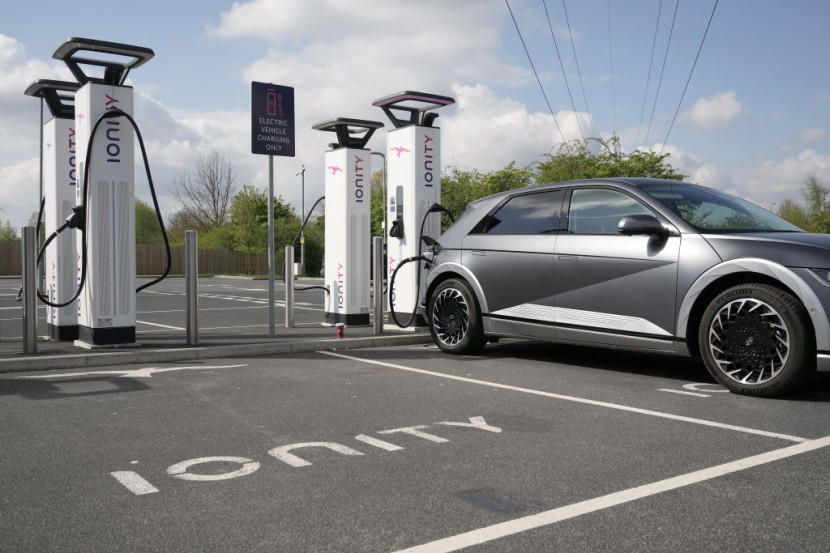New Zealand's new road-user tax targets drivers who own electric cars and plug-in hybrid vehicles.
If you are a New Zealand resident and own one of these eco-friendly cars, here's what you need to know about the upcoming road-user tax.
New Zealand's Road-User Tax Targets EV, Plug-In Hybrid Vehicle Drivers

According to Drive.Com AU, New Zealand will start implementing the road-user tax on EVs and PHEVs on March 31, 2024. Charges will depend on the average distance that EV and PHEV drivers travel. The New Zealand government explained that the new tax will apply to PHEVs and EVs that weigh less than 3,500 kg.
People familiar with the new road-user tax said that the charges that electric car owners need to settle will be the same as the taxes applied to diesel-based vehicles. If this is true, New Zealanders must pay around 0.045 USD or 0.076 NZD per kilometer.
National Party's spokesperson, Simeon Brown, recently explained that the road-user tax is a part of the government's effort to maintain the sustainability of the National Land Transport Fund.
"It will be a much fairer way of charging for the number of kilometers people drive rather than the amount of fuel they use," said the official via New Zealand Herald.
The funds that the road-user tax will collect from EV and PHEV owners will be invested into NLTP so that the country's roading system can be appropriately maintained.
New Zealand Struggles With Rising EVs

As of July 2023, EVs and PHEVs cover around 14% of new cars sold in New Zealand. Based on statistics, there are around 63,000 registered electric vehicles on the country's roads.
Recently, the National Party decided to exclude EVs from road-user taxes so that their residents will be encouraged to replace their gas-based vehicles.
However, this effort is starting to drain the revenue the New Zealand government raised to fix, maintain, and upgrade roads.
New Zealander officials said that electric cars weighing more than 3,500 kg will still be exempted from the new road-user tax for EVs and PHEVs.
But, they clarified that these electrified vehicles will also be subjected to road-user charges eventually. Meanwhile, the petrol excise will face price hikes over the next three years.
Authorities said the petrol excise price increases and electric car road-user taxes could contribute a $2.96 billion boost (5 billion NZD) to the government's transport fund.
© 2025 HNGN, All rights reserved. Do not reproduce without permission.








